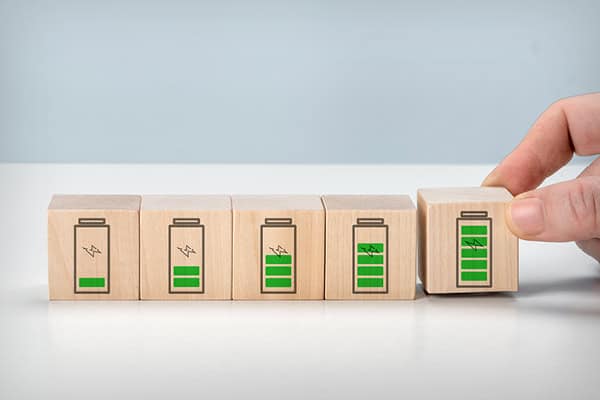There is no consensus on what causes teacher burnout — or how to avoid it, according to an Education Week article.
Certain personality traits — low levels of emotional stability and high levels of conscientiousness, for instance – may make teachers susceptible to burnout, according to research.
Many educators believe burnout results primarily from circumstances beyond their control. And they believe avoiding burnout depends on making intentional decisions that are within their control. Setting boundaries for work beyond school hours is one example.
The trickle-down effect of staffing shortages at schools is a significant factor, according to recent research. Increasing staff topped a list of key components of teachers’ working conditions (other than a pay raise) that could improve teacher satisfaction, according to the EdWeek Research Center’s survey of teachers conducted in the fall of 2024.
Elizabeth Suto, a former teacher who hosts the podcast Teacher Career Coach, says she’s heard similar complaints from teachers.
With the shortage, staff positions aren’t used for their intended purposes,” says Suto.
Suto’s insight aligns with experts who emphasize teacher burnout should be viewed in a different light.
“Burned-out teachers aren’t ‘significantly less socially and emotionally competent.’ They’re handicapped by lousy school systems, ignorant officials, or out-of-touch administrators,” wrote Alexandra Robbins, author of The Teachers: A Year Inside America’s Most Vulnerable, Important Profession, in a 2023 EdWeek opinion piece.
Suto often hears former teachers describe waking up in the morning dreading the day, crying every day and seeking out mental health services. Often with the support of therapy they concluded that teaching was no longer a sustainable career.
But some teachers avoid or minimize burnout. In a March social media poll, Education Week asked: Teachers, how do you avoid burnout?
Most responses indicated that teachers emphasize self-reliance by controlling aspects of the job that they can, such as setting boundaries between work and personal life.
Here are some of the comments:
“I’m big on avoiding taking work home. They stop paying me at 6 whether I’m working or not. I’m doing lesson plans on the clock only. … This means having max productivity during the day. I also ensure I decompress afterwards. Being a mom and a teacher means kids all day. If I have to hide on the toilet for 10 minutes, I’m taking my 10.”
“Set boundaries. I used to answer emails at all hours, and it drained me. Now, I have set ‘off’ times. The world doesn’t end—and I show up more refreshed the next day! Rest and take holidays. Self-care is so important.”
“Realize that you are not to blame for society’s problems, regardless of how systemic education tries to push that, and accept that you cannot fix said problems. Focus on educating the whole child instead of constantly pressing academic progress only.”
“Lead an after-school club that you enjoy. Connecting with the kids and engaging them in something that excites you helps give perspective beyond classroom walls that translates into critical class time connections.”
“32nd year. I’m still making a difference. My students’ growth motivates me. Good at compartmentalization.”
Education Week





